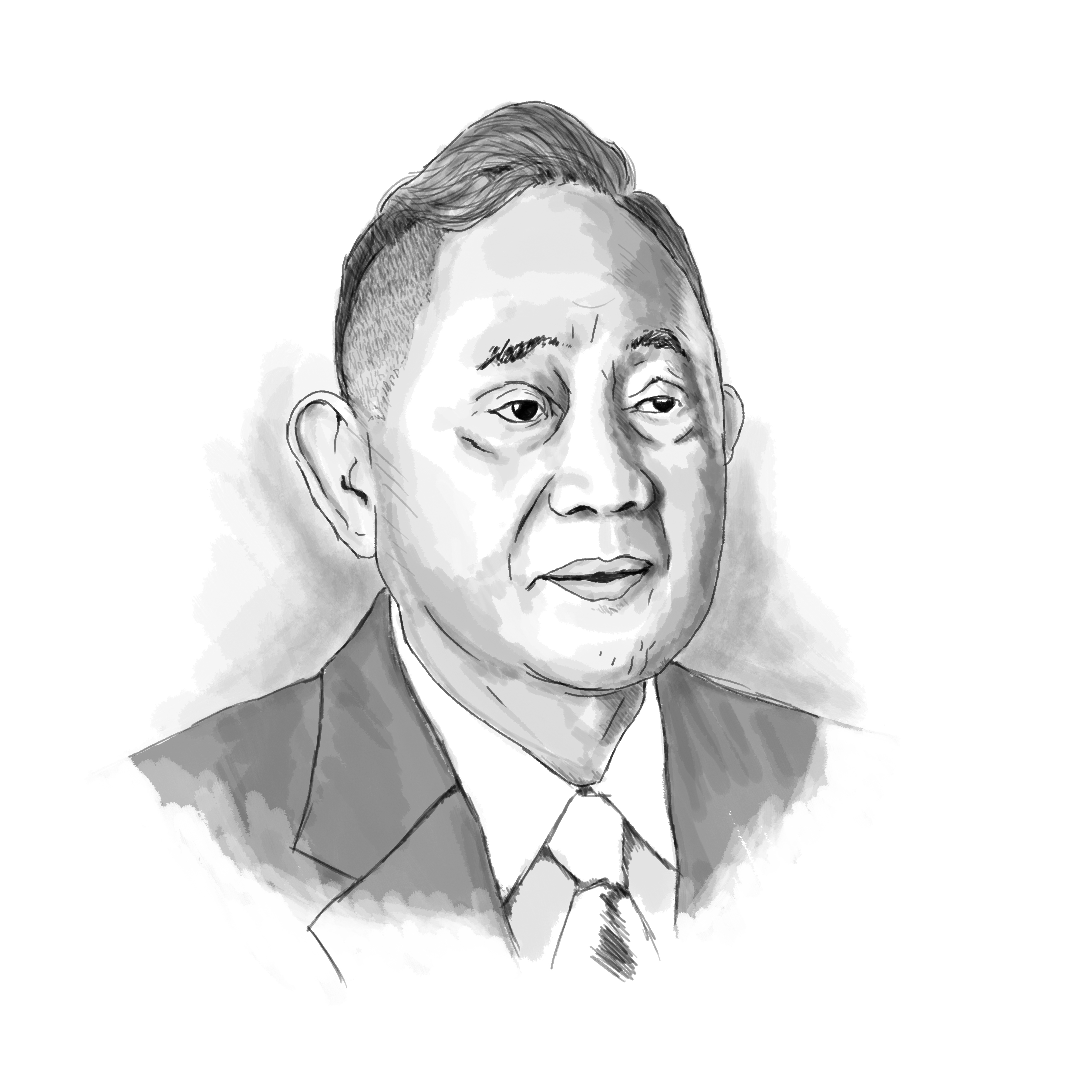PEACE-MAKER

We were elected congressman of Pangasinan for the first time in 1969, at the age of 32, after serving as presidential assistant and economic minister and press counselor at the Philippine Embassy in Saigon (now Ho Chi Minh) from 1966 to 1969.
Among our colleagues in the Seventh Congress (1969-1972) were Nicanor Yniguez of Southern Leyte and Ramon Mitra of Palawan, who were later elected Speaker of the House of Representatives; Jose Zulueta of Iloilo and Neptali Gonzales Sr. of Rizal, who eventually became Senate President; Roque Ablan of Ilocos Norte, Floro Crisologo of Ilocos Sur, Rodolfo Albano of Isabela, Eduardo ‘Danding’ Cojuangco of Tarlac, Raul Daza of Northern Samar; Justiniano Montano of Cavite, John Osmeña of Cebu, and Salipada Pendatun of Cotabato, who were later elected senators.
The opening session of the Seventh Congress was remembered for two things. One, the battle for speakership was contested by two political titans, both in national stature and intellect – Jose B. Laurel Jr. of Batangas and Cornelio Villareal of Capiz; and two, the rising militancy of student demonstrators. The same Congress, which term was supposed to end in 1973, was also known for being padlocked following the declaration of Martial Law on Sept. 21, 1972, the same day when it adjourned for the year.
Both Laurel of the Nacionalista Party and Villareal of the Liberal Party (we were then under the two-party system) earlier served as Speaker of the House. The former from 1954 to 1957 and from 1967 to 1969; and the latter from 1962 to 1967. They were old political nemesis. They contested the Speakership in 1965, during the opening of the Sixth Congress, where Villareal won. However, in 1967, Villareal was unseated as Speaker and Laurel was catapulted back to his old seat.
During the opening of the Seventh Congress in 1969, they battled for the Speakership again, with Laurel getting elected, though his hold on the position would not last the entire Congress. In 1971, he was deposed and Villareal was returned to the top leadership of the House.
Cornelio Villareal, popularly known as Kune, began his political career when he was elected delegate to the 1935 Constitutional Convention. He then represented Capiz in the House of Representatives from 1941 to 1972 and from 1987 to 1992. His last stint as congressman was during the Eighth Congress (1987-1992) where, at 83, he was the oldest member. He was a valued ally of the late Speaker Eugenio Perez of Pangasinan, another titan in Philippine politics, who served as the last Speaker of the Commonwealth and the first Speaker of the Philippine Republic and a co-founder of the Liberal Party.
We had fond memories of the late Manong Kune, as we fondly called him, as his chief political adviser in 1961 and then as his colleague in the House of Representatives in 1969 and in 1987. He was adept in navigating the turbulent political waters. He was a skilled negotiator and a master at forging alliances that transcend party lines.
Jose B. Laurel Jr., son of President Jose P. Laurel, served in the House from 1941 to 1957 and from 1961 to 1972. He also became a member of the 1986 Constitutional Commission that drafted the 1987 Constitution. He ran as vice president of President Carlos P. Garcia in 1957, but was defeated by then Congressman Diosdado Macapagal of Pampanga, who later became president.
The ability of both Laurel and Villareal to bounce back multiple times demonstrated their resilience and the importance of strategic thinking and coalition-building in the political arena. They are men of high caliber, profound political acumen, and formidable guts. Both exemplified the qualities of effective legislative leadership: vision, reform, and a deep commitment to national development.